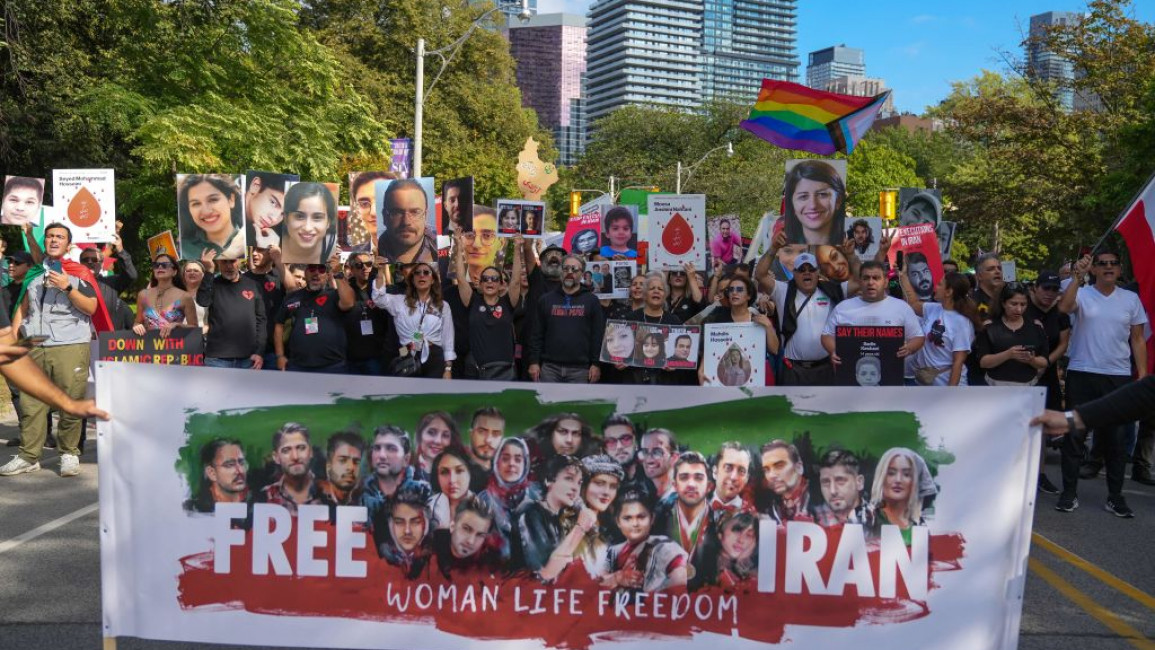Amnesty slams Iran hijab bill as 'despicable assault' on women's rights
Amnesty International has slammed a bill passed by the Iranian parliament that would increase jail terms and fines for breaking Iran's forced veiling laws.
A three-year trial of the legislation, called the Bill to Support the Culture of Chastity and Hijab, was approved by parliament on Wednesday but it still needs the backing of the 12-member Guardian Council to become law.
The bill would allow for jail terms of up to 10 years for anyone breaching forced hijab laws and it also criminalises "insulting or ridiculing the hijab".
"This bill is a despicable assault on the human rights of women and girls that will further entrench violence and discrimination against them in Iran," said Diana Eltahawy, Amnesty's deputy Middle East regional director.
"If approved by Iran's Guardian Council, it will further exacerbate the already suffocating surveillance and policing of women's bodies and require the Islamic Republic's various political, security, and administrative arms to obsessively observe compliance with compulsory veiling laws, and control women's and girls' lives."
Eltahawy said the Iranian authorities are "doubling down" on punishments against women and girls claiming their rights to freedom of expression, religion, belief and bodily autonomy.
"This all-out assault is part of the authorities' ongoing efforts to crush the spirit of resistance among those who dared to stand up against decades of oppression and inequality as part of the 'Woman Life Freedom' popular uprising," she said.
She added that states must urgently call on the Iranian authorities to cancel the bill and do away with all "degrading and discriminatory compulsory veiling laws and regulations".
"They must also pursue legal pathways at the international level to hold Iranian officials accountable for ordering, planning and committing such widespread and systematic violations against women and girls," Eltahawy said.
Iran is often rebuked for its treatment of women and girls and has even been criticised as enforcing "gender apartheid".
On 16 September last year, 22-year-old Iranian Kurd Mahsa Amini died in police custody after having allegedly failed to wear her hijab correctly, sparking widespread protests across the Middle Eastern country.



